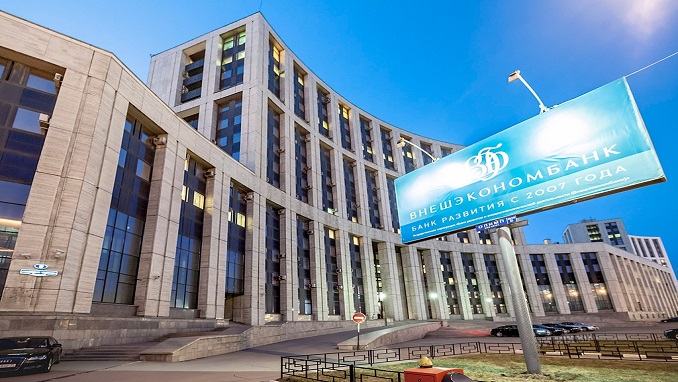With 184 access incidents recorded, 91 programs were temporarily suspended by humanitarian partners in Afghanistan, setting records for access restrictions and operational issues, a report on ReliefWeb states.
The number of access incidents in Afghanistan in October 2022 has increased by 23% since September 2022 and by 87% compared to the same month last year. The majority of these incidents are attributed to “violence against humanitarian personnel, assets, and facilities” and are authorized by the de-facto authorities. The incidents involving humanitarian access in October forced the temporary suspension of 91 activities and caused property damage to 11 organizations’ assets and premises.
Thirty acts of violence against aid workers, resources, and facilities out of the total resulted in the imprisonment of 34 aid workers and the temporary suspension of six programs (an 80 per cent increase from September). The number of detentions of assistance workers has climbed significantly in October 2022, which has been characterized by rising interreferences in the humanitarian programs and alleged non-compliance with administrative processes. Although these instances were largely managed effectively, humanitarian partners in Afghanistan are still worried about the emerging tendencies. It is predicted that the new operational guideline’s implementation, which will be annexed to the NGO statute of 2005, will exacerbate access-related issues, most notably by compounding interference-related access restrictions encountered by humanitarian partners.
A written directive from the national DFAs has prevented advocacy on ensuring compliance with the NGO law and stopping unwarranted interference in humanitarian activities by law enforcement officials, for example, at the district and province level.
Restrictions on the movement of aid workers also had a negative influence on the humanitarian assistance. Particularly concerning are the increasing difficulties encountered by humanitarian partners at security checkpoints, as excessive staffing information and documentation requests are made.
Regional Humanitarian Teams and the activation of Access Working Groups will continue to strengthen strategic and operational engagements at the regional levels in October. These groups will advocate for humanitarian principles and access concerns and address operational difficulties. Additionally, there are ongoing district-level sensitization seminars with the aim of reaching all 402 districts by the end of the year. These meetings have been crucial in establishing a forum for discussing and exchanging information on issues and challenges, in addition to serving as an introduction to humanitarian concepts and responses.



